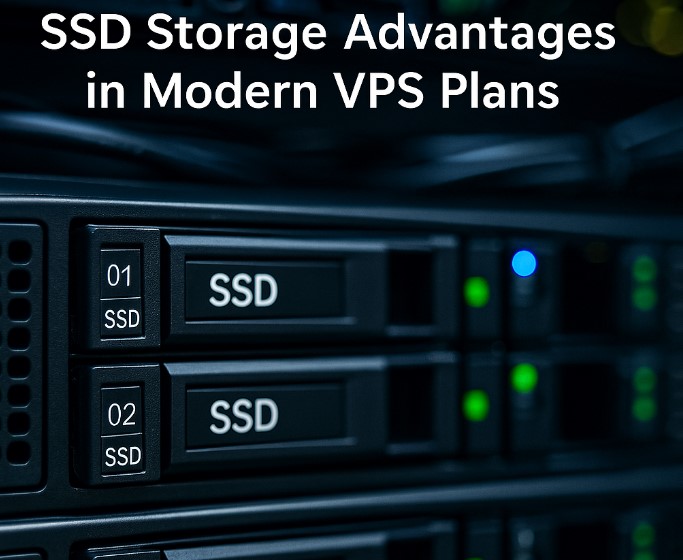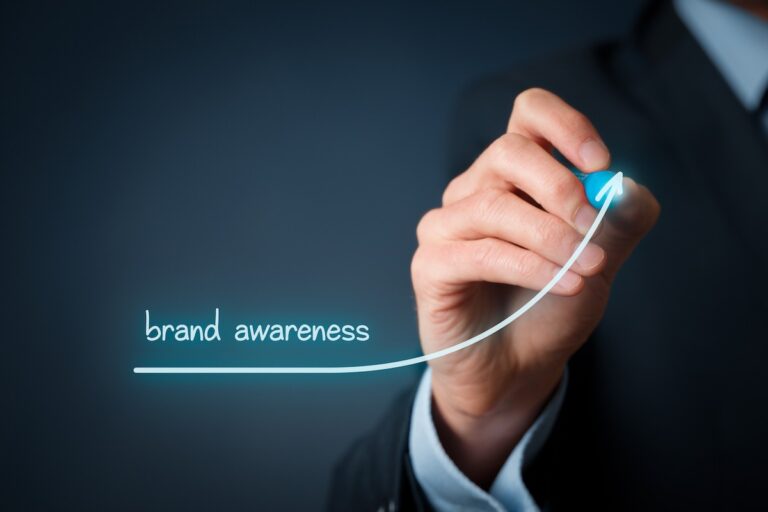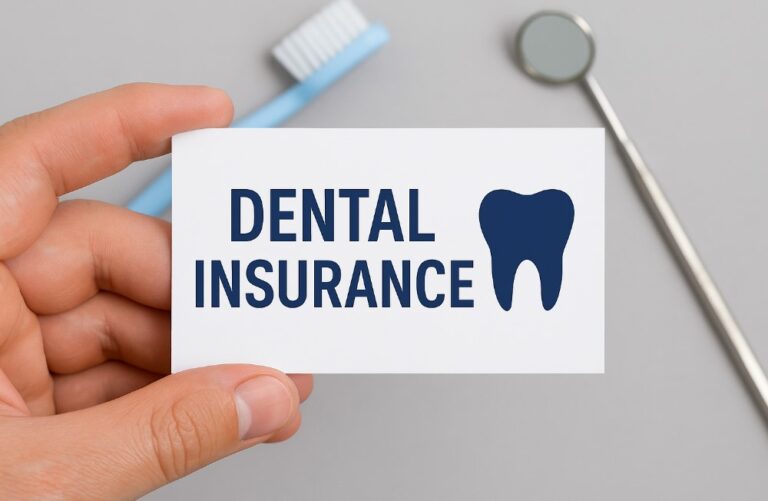Page load speed is arguably one of the most important website optimizations in SEO today. Contrary to popular belief it is a ranking factor in Google and unfortunately, it remains one of the most commonly overlooked aspects as well.
The good news is; in this article, we’re going to share some handy tips to help improve your page load speed.
In doing so, you’ll be able to reduce your bounce rate and up your conversions considerably. Not convinced? Why not stick around and allow us to elaborate further? We’ll make it quick!
Why is page load speed so important?

Is the speed at which your website loads really that important?
Yes.
Put it this way: the first 5-seconds of page load speed have a higher impact on conversion rates. For every additional second your website takes to load, your conversions will drop by an average of 4.42% (between 0 and 5).
Beyond that…well, if your website takes longer than 5 seconds to load then you can kiss most of your business goodbye.
The fact is, the modern consumer is very, very busy. They don’t have time to sit around, staring at a blank loading screen. Instead, they abandon such websites and head to the next one on the list (aka, your competitors).
As for Google, the reason why it is such an important ranking factor is because they are dedicated to providing their users with as positive an experience as possible.
After all, Google can’t be recommending websites to their users if those websites are going to perform poorly. Instead, they must be recommending the fastest-loading websites that are most relevant, with an overall positive UX and on-page experience.
Now let’s move onto some tips so you can speed your website up immediately!
1. Upgrade your hosting

How much do you know about your web hosting? Is your website hosted on your very own private server? Is it shared hosting? If you are not certain then it is definitely worth finding out.
In order for your website to load optimally, it’s worth upgrading your hosting and having your website switched to a private server.
2. Optimize your images accordingly
You should only use imagery on your website when it is necessary. That’s not to say that you should delete everything, but make sure that each image definitely adds value. Of course, on an e-Commerce website with so many different products, you need to have accompanying imagery – in which case you should optimize them by reducing their size as best you can without compromising the quality.
The good news is that there are plenty of tools you can use to achieve this.
3. Consider using a CDN (content delivery network)
A content delivery network means having all of your files hosted on multiple servers, as opposed to just one. Following that, depending on where your website visitors are in the world, the closest server to them will be used to formulate the website – thus reducing the overall time it takes to load.
4. Remove unnecessary plugins
Plugins are great and there are so many different ways in which you can edit and improve your website. However, not all of them are completely necessary. Try to keep your website as clean and clutter-free as possible.
When was the last time you checked your active plugins? It may be time for a spring clean.
5. Reduce your content

How much content do you currently have on your home page? Do you have a massive wall of text? Several thousand words? If so, it’s time to trim that down significantly. Your home page copy should be short and sweet. Use some bulleted lists, infographics, and social proof. Otherwise, keep the detailed info for your product and service pages.
How can you tell how quickly your website loads?
If you’ve no idea how quickly your website loads on average, you’ll be pleased to learn that there are plenty of tools at your disposal where you can quickly find out. PageSpeed Insights is nice and easy.
Does a faster page load speed really boost conversions?
Make no mistake, the speed at which your website loads up is important, but it is not the only factor that influences conversions.
The reality is, you could have the fastest loading website in the world, but if the quality of the content is poor, you haven’t met your website visitors’ expectations because you failed to understand search intent, and the overall website navigation is unintuitive, you will struggle to convert anyone.
In any case, assuming that you have a relatively tight website with quality content and a concise, unique value proposition, then yes; a faster page load speed will indeed help up your conversion rate.
Not tech-savvy? Hire the professionals
If the last thing you want is to go digging around in the back end of your website, trying to make all manner of optimizations, we’d highly recommend hiring professionals. Especially when it comes to things like deleting plugins, compressing images, and reducing redirects, it can be very easy to get overwhelmed – and indeed make mistakes.
Understandably, granting third-party access to your website can be a frightening prospect. How can you know for sure that you can trust them? All you can do is shop around on social proof and look for an SEO agency with a proven track record for taking care of their clients.
As an example, OnlineMarketingGurus are SEO expert in Dallas has 500+ five-star reviews on Google and social media, so it’s fair to say that they will have your best interests at heart.
Conclusion
The modern consumer has a dwindling attention span and there are thousands and thousands of businesses scrabbling for their attention. If you want to cut through the noise and resonate with your ideal customers, you’re going to need to be quick about it.
Chop chop!
Related Posts:
- 20 Best Gaming Headset Under 50$ 2024 - for PC, PS4,…
- Top 10 Best Modem For Gaming 2024 - For Optimum Gaming Speed
- Top 10 Best Dog Nail Grinder 2024 - Best Care for Your Pet
- Top 10 Best Power Inverter for Car 2024 - Keep Your…
- 15 Best Dog Food For Allergies 2024 - Adult, Puppy…
- 12 Best Car Wax For Black Cars 2024 - Protection and…







